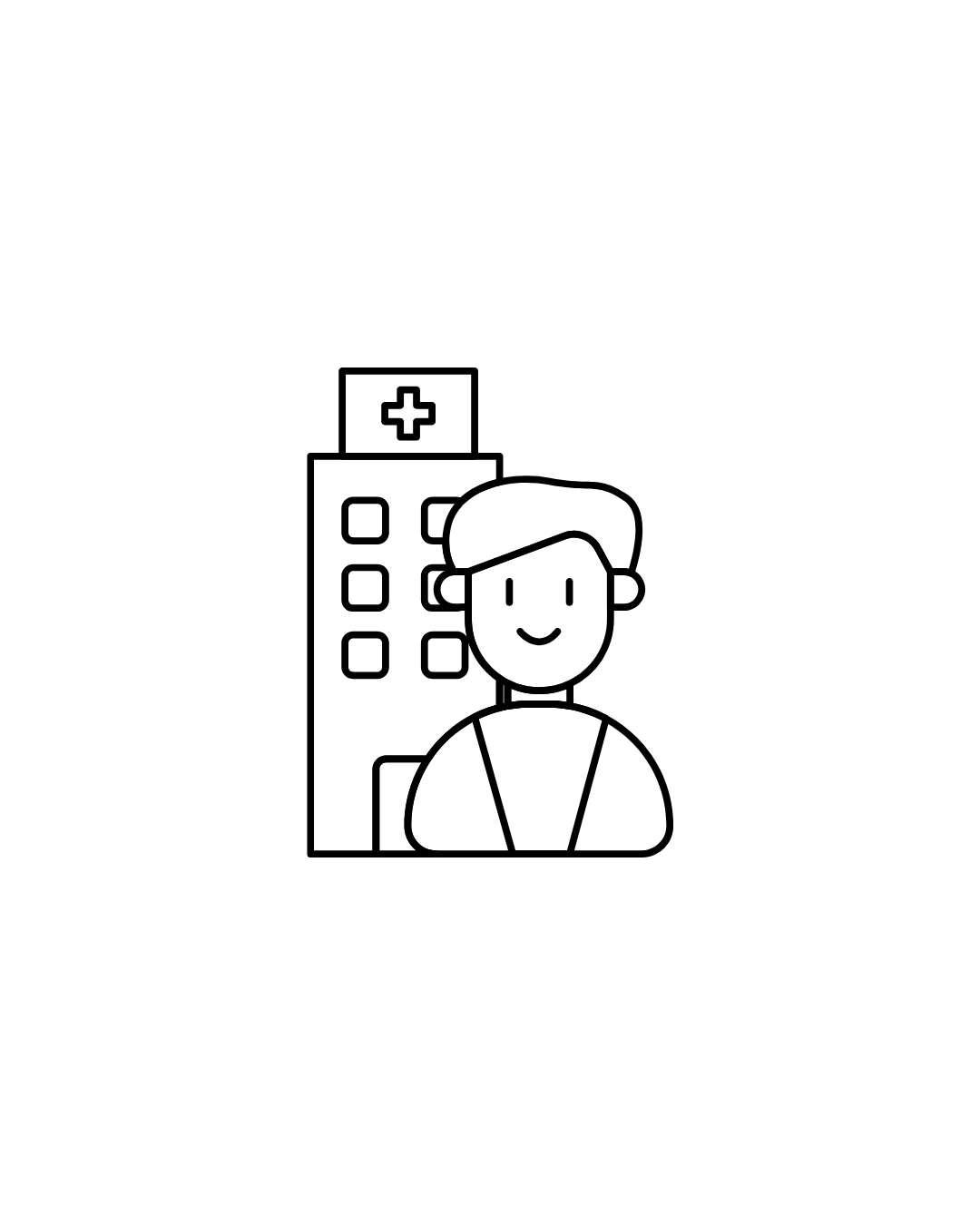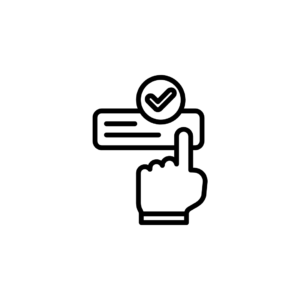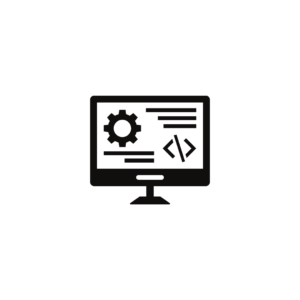Description
An Advanced Diploma in Hospital Management is a program that equips students with the skills and knowledge necessary to effectively manage healthcare facilities, focusing on the administration, organization, and operation of hospitals and healthcare services. This program is ideal for individuals aspiring to pursue careers in healthcare management, hospital administration, or related fields.
Course Details:
Duration: Typically 1 to 2 years, depending on the institution and the specific structure of the program.
Eligibility: Candidates usually need a high school diploma or equivalent; a background in healthcare, business, or management can be beneficial but is not always required.
Mode of Study: Offered in full-time, part-time, or online formats, combining theoretical knowledge and practical experience.
Curriculum:
The curriculum for an Advanced Diploma in Hospital Management generally includes the following key areas:
1. Introduction to Healthcare Management
Healthcare System Overview:
Understanding the structure and function of healthcare systems, including public and private healthcare sectors.
Role of Hospital Administration:
The importance of effective management practices in delivering quality healthcare services.
2. Hospital Operations Management
Healthcare Operations:
Principles of managing daily operations in hospitals, including patient flow, resource allocation, and service delivery.
Financial Management:
Basics of budget planning, financial analysis, and resource management in healthcare settings.
3. Healthcare Quality and Compliance
Quality Assurance in Healthcare:
Techniques for monitoring and improving the quality of care provided in hospitals.
Regulatory Compliance:
Understanding healthcare laws, regulations, and accreditation processes that hospitals must adhere to.
4. Human Resource Management in Healthcare
HR Principles:
Recruitment, training, and retention strategies tailored for healthcare professionals.
Labor Relations and Staffing:
Managing workforce relations, scheduling, and fostering a positive work environment.
5. Health Information Management
Health Informatics:
Using health information systems for efficient management of patient data and healthcare processes.
Data Privacy and Security:
Understanding regulations related to patient confidentiality and data protection.
6. Strategic Planning in Healthcare
Strategic Management Principles:
Formulating and implementing strategic plans for hospital improvements and growth.
Change Management:
Leading and managing organizational change within healthcare facilities.
7. Marketing and Public Relations in Healthcare
Healthcare Marketing Strategies:
Techniques for promoting hospital services, building patient loyalty, and enhancing public image.
Community Engagement:
Importance of community relations and communication strategies in healthcare settings.
8. Emergency and Crisis Management
Crisis Planning:
Developing procedures for handling emergencies, disasters, and public health crises within hospitals.
Risk Management:
Identifying potential risks and establishing contingency plans to minimize impact on hospital operations.
9. Practical Training and Projects
Internships/Field Experience:
Opportunities for hands-on learning through internships in healthcare facilities to apply theoretical knowledge.
Capstone Projects:
Completion of a project or research relevant to hospital management, demonstrating skills and knowledge gained.
Assessment:
Assessment methods in this program may include:
Examinations:
Testing theoretical knowledge on various aspects of healthcare management.
Assignments and Projects:
Research papers and projects focused on real-world healthcare management challenges.
Practical Evaluations:
Assessing skills through hands-on assignments or internships.
Career Opportunities:
Graduates of the Advanced Diploma in Hospital Management can pursue various career paths, including:
Hospital Administrator: Managing overall operations of healthcare facilities, ensuring efficiency and quality of care.
Healthcare Manager: Overseeing specific departments (like finance, HR, or IT) within a hospital or healthcare organization.
Clinical Manager: Supervising clinical services and ensuring compliance with healthcare standards.
Quality Improvement Coordinator: Focusing on enhancing patient care quality and safety within healthcare institutions.
Healthcare Consultant: Advising hospitals and healthcare organizations on best practices and operational improvements.
This advanced diploma program prepares students for a rewarding career in healthcare management, providing them with the knowledge and skills needed to navigate and lead in the complex healthcare landscape. If you have any further questions or need more information, feel free to ask!









